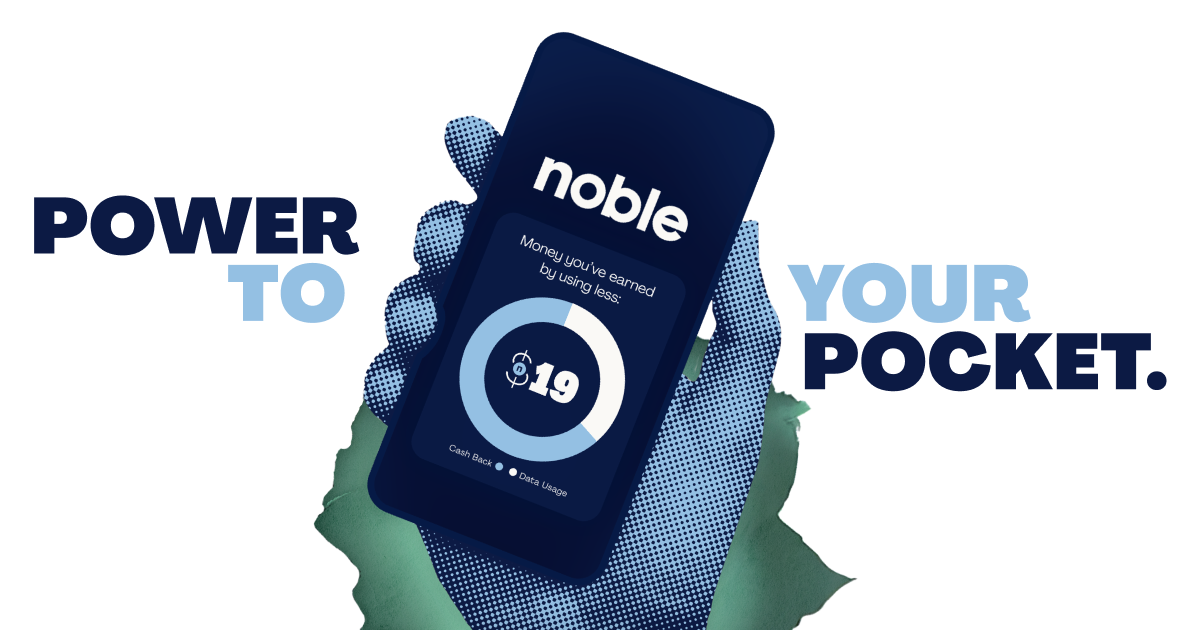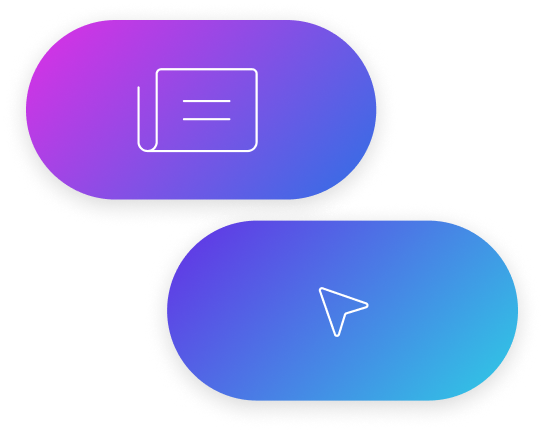In a world where every swipe, scroll, and stream is carefully monetised, a mobile operator that pays you to use your phone less sounds almost absurd. Yet that’s exactly what Andrew Yang’s Noble Mobile is doing, and it might just be one of the boldest and most refreshing propositions the telecoms industry has seen in decades.
Noble Mobile’s model turns the traditional telco playbook upside down. Rather than rewarding overuse with “unlimited” bundles or punishing underuse with breakage (unspent data providers still charge for), Noble gives customers money back for staying under their data allowance. For every gigabyte under 20GB, users receive about a dollar deposited into a Noble savings account that earns a rather attractive 5.5% interest.
In essence, Noble has created a financial incentive for people to reduce screen time, something many of us know we should do but rarely manage without a little nudge.
The Psychology of Doing Less
The genius of Noble’s model isn’t just economic; it’s behavioural. Stanford’s Dr Anna Lembke, author of Dopamine Nation, described the idea as rooted in contingency management, a concept used in addiction science that rewards positive behaviour change. It’s the same logic as giving someone a voucher to avoid a bad habit, only this time it’s applied to the endless dopamine loops of social media and mobile browsing.
By linking financial reward to reduced phone use, Noble taps into a psychological sweet spot: we’re more likely to change our behaviour when there’s tangible reinforcement. And beyond the obvious novelty, there’s a social good at play, encouraging healthier digital habits in a society increasingly aware of the mental toll of constant connectivity.
Where most operators have built business models on maximising engagement, Noble takes the contrarian stance that less engagement equals more value. It’s a rare case of tech aligning with wellbeing rather than exploiting it.
 Source: Noble Mobile
Source: Noble Mobile
Breaking the Breakage Model
Let’s be clear. This is a direct challenge to one of the telecom industry’s oldest profit mechanisms: breakage.
Breakage is the silent revenue engine of most mobile providers. When users buy more data than they need and don’t use it, that unused capacity turns into pure profit. It’s not illegal or immoral, it’s just business. But it does mean that operators have long benefited when customers don’t get the full value for what they pay.
Noble flips that completely. Instead of penalising you for underuse, it rewards you. As I commented in the Inc. feature, “both the cash-back model and the savings interest are quite aggressively targeting the normal profit model of telecoms.” It’s the equivalent of a gym paying you to skip leg day. Unthinkable, but quietly revolutionary.
This shift reframes what a mobile plan can be: not just a commodity purchase, but a value-based choice. For the first time, consumers can pick a network that aligns with their personal goals, whether that’s saving money, reducing anxiety, or just regaining control over their time.
The Contradiction That Makes Sense
From a commercial perspective, it’s almost paradoxical: Noble is incentivising customers to consume less of the very thing it sells. Yet this contradiction could be its greatest strength.
In traditional markets, overconsumption drives revenue. But in an age of digital overload, trust and ethics drive loyalty. Consumers, particularly younger ones, are increasingly attracted to brands that reflect their values and promote healthier habits. By aligning business success with user wellbeing, Noble positions itself not just as a network, but as a movement.
It’s the kind of value-led proposition that has powered success stories across sectors, think of Cost Plus Drugs, another Mark Cuban-backed venture that disrupted the pharmaceutical industry by prioritising transparency over margin. Noble applies that same ethos to mobile connectivity: stripping out complexity, focusing on fairness, and giving customers back a sense of agency.
Reimagining Customer Value
There’s something almost poetic about this. A phone company that profits when you look up from your phone.
In doing so, Noble invites the industry to rethink what customer value actually means. Is it measured in ARPU (Average Revenue Per User)? Or could it be measured in quality of life?
This redefinition of value could mark a new frontier for telecoms. For decades, the sector has chased higher data consumption, faster networks, and greater app engagement. These are all valid goals, but increasingly misaligned with what customers truly need. By tying its growth to customer wellbeing, Noble demonstrates that profitability and purpose don’t have to be mutually exclusive.
And make no mistake, this isn’t just an idealistic experiment. Noble has heavyweight backing from Mark Cuban, Scott Galloway, and Calm’s CEO David Ko, all of whom see commercial sense in the model. If Noble succeeds, it will prove that telco loyalty doesn’t come from unlimited data; it comes from meaningful differentiation.
The Future of Digital Wellbeing in Telecoms
We’ve reached a cultural inflexion point. After years of tech excess, constant notifications, digital noise, and algorithmic addiction, the pendulum is swinging back. People are craving quiet tech; products that protect, not prey on, their attention.
Noble’s model reflects this broader shift. It’s not anti-technology; it’s pro-balance. By integrating financial rewards into behavioural change, it turns digital wellness from a vague ideal into something measurable, even profitable.
For telecom operators, the message is clear. The future isn’t just faster or cheaper; it’s smarter and healthier. Noble Mobile may not dethrone the big networks overnight, but it’s already forcing the industry to confront a long-ignored truth: that endless engagement isn’t the only metric that matters.
Final Thoughts
Andrew Yang’s Noble Mobile isn’t just another MVNO with clever branding; it’s a philosophical statement disguised as a mobile plan. It challenges decades of industry logic and asks a question we’ve all quietly wondered: what if using your phone less could actually make life better and cheaper?
It’s bold, it’s a bit rebellious, and it might just signal the next evolution of telecom, from utility to ally.
Because maybe, just maybe, the most noble thing a phone company can do… is to help you put the phone down.



